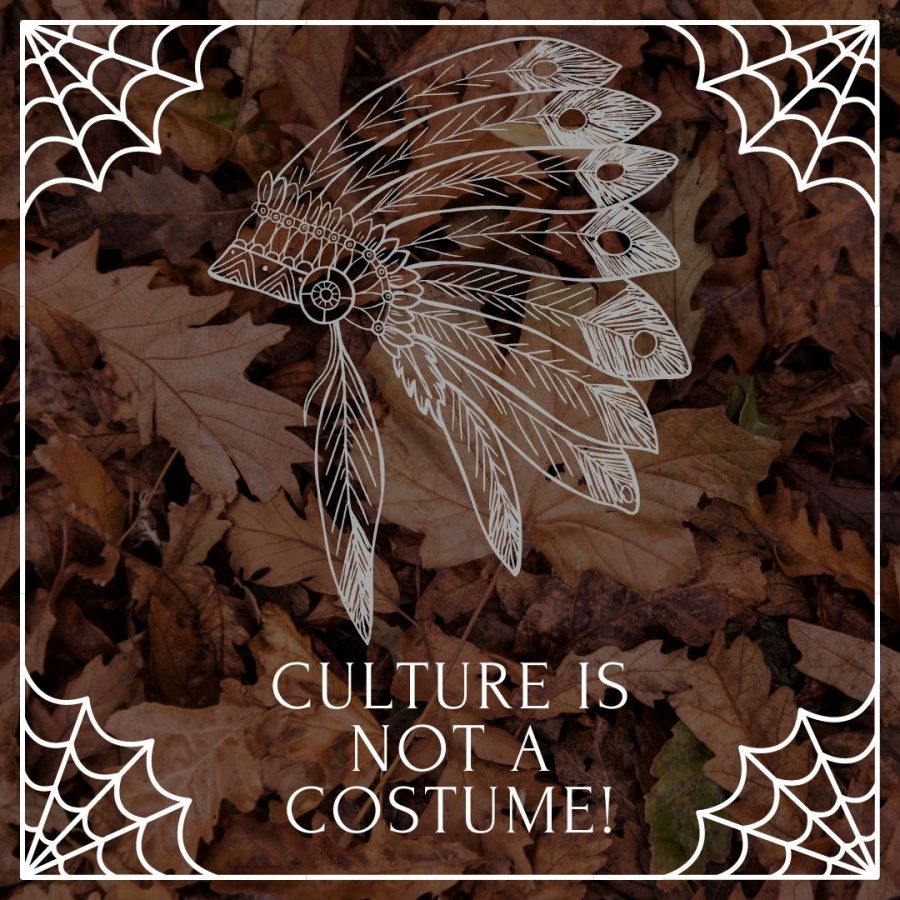Halloween Costumes and Cultural Appropriation
With Halloween’s celebration coming to an end, it is important to remember the following for next year’s celebration. Some costumes can be seen as hurtful, insensitive, ignorant or even potentially spreading hatred. Whether intentional or not, excuses cannot be made for wearing these outfits as cultures and ethnicities are not costumes to wear. All celebrants should hold themselves accountable for this, remain aware and recognize the harm that it can cause among different racial groups.
Costumes can be creative, funny or scary, and there is no shortage of costumes that appropriate sacred cultures. The line between appreciation and appropriation is very thin, but even easier to cross unknowingly. As stated in the Oxford Dictionary, cultural appropriation is “unacknowledged or inappropriate adoption of the practices, customs, or aesthetics of one social or ethnic group by members of another, typically dominant, community or society.”
Being aware and asking yourself and your friend group the right questions can be tremendously helpful for recognizing what’s crossing the line during Halloween as well as year round. Does the costume give a false account of social-class status, faith, sexual orientation or body shapes? Is it based on an ethnicity that is not your own? Are sacred or symbolic elements included? These are a few key questions to ask yourself when analyzing costumes.
Students of many ethnicities are vocal about this topic, and it’s become general knowledge amongst everyone. Celeste Coffman, a sophomore psychology student at WLU, whose family heritage is Lebanese, said, “When people dress up as Native Americans or other cultures it’s disrespectful because their culture is not a costume! They’ve gone through a lot of pain and discrimination for their culture so why should it be okay for non-natives to wear it?” Further, Coffman went on to say her culture is a common trope for costumes like belly dancers.
Example costumes include transphobic costumes, cultural stereotypes, masquerading as a different ethnicity by painting your skin or wearing sacred clothing, physical or mental disorders and much more. By wearing costumes like this, you are reducing an entire ethnicity or group to a singular stereotype. Doing that, all of them of the specific heritage become just another stereotype, though their individual cultures deserve respect. It falls on everyone’s shoulders to do a better job and remember cultures are not costumes.
Michael Antley is a freshman at West Liberty University studying public relations and business administration. While pursuing his degrees, he also works...

Haley Blakemore is a Senior in English Literature with a minor in Journalism from Reeader, WV. Blakemore has been on staff for the Trumpet since 2019....







